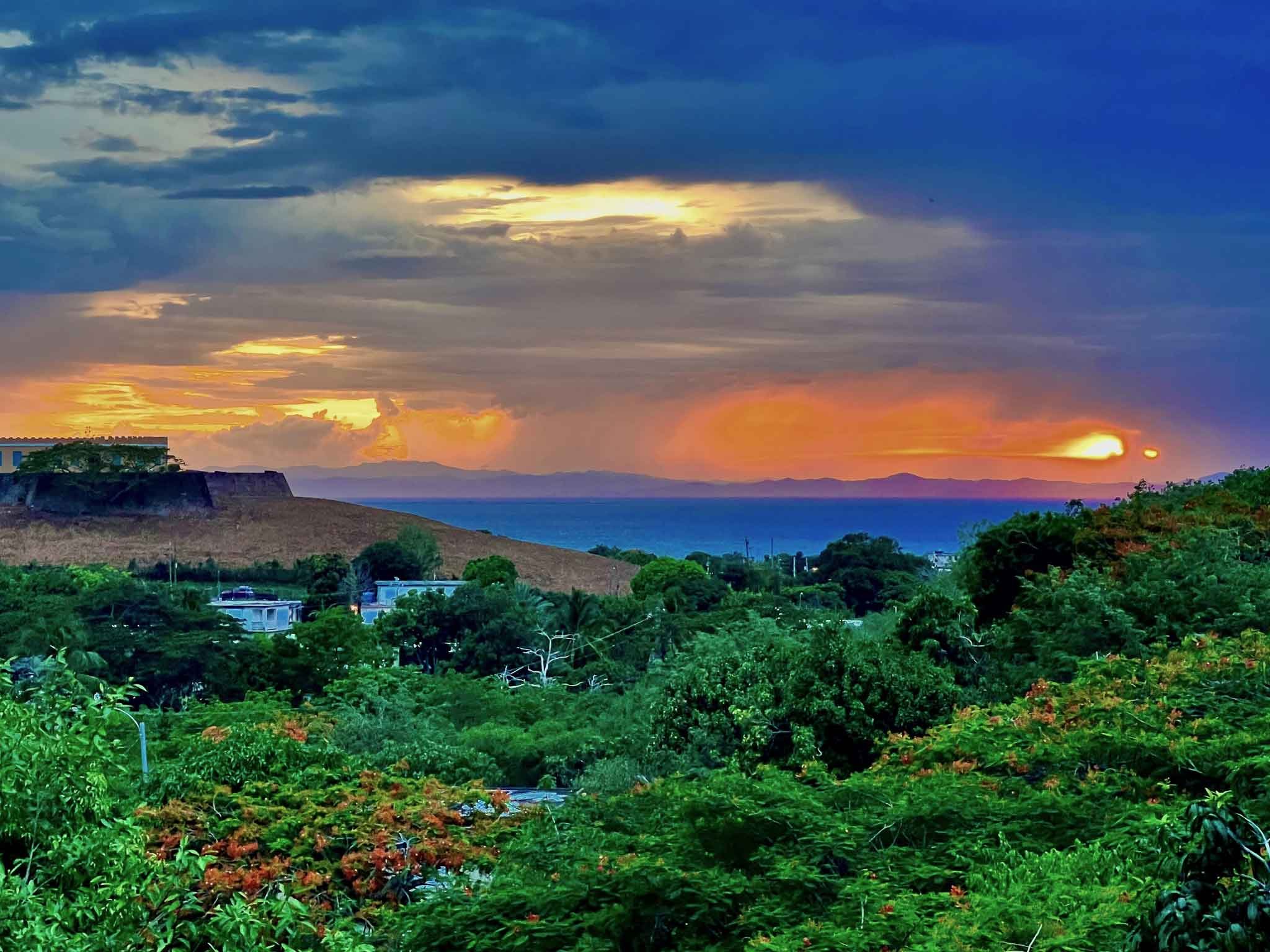Paraiso Realty Recognized as Leading Brokerage in Vieques for Early 2025
According to the latest Agent Market Share Report from Stellar MLS, Paraiso Realty assisted more buyers and sellers in Vieques, Puerto Rico, during the first half of 2025 than any other brokerage on the island.
While rankings aren’t our focus, this recognition is meaningful. It reflects the growing number of people who trusted us to guide them through one of life’s biggest decisions: buying or selling a home. In a market as personal and varied as Vieques, we’re honored to have earned that confidence.
Vieques real estate is never one-size-fits-all. Each property, each seller, and each buyer comes with a unique story. Whether someone is parting with a longtime home or searching for their island retreat, we aim to make that experience thoughtful, informed, and as smooth as possible.
We're especially grateful to our clients, past and present, for the conversations, the questions, the walk-throughs, and the handshakes at the closing table. You made this milestone possible.
We also want to acknowledge the broader community of real estate professionals on the island. Vieques is a small place with a big heart, and it takes collaboration and mutual respect to keep things moving. We’re glad to be part of that effort.
As the year continues, our focus remains steady: providing honest advice, careful strategy, and personalized service to anyone looking to buy or sell on Vieques.
If that’s you, we’d be glad to help.
📍 Paraiso Realty – Vieques, Puerto Rico
🌐 www.paraisorealtypr.com
📞 787-900-8909
